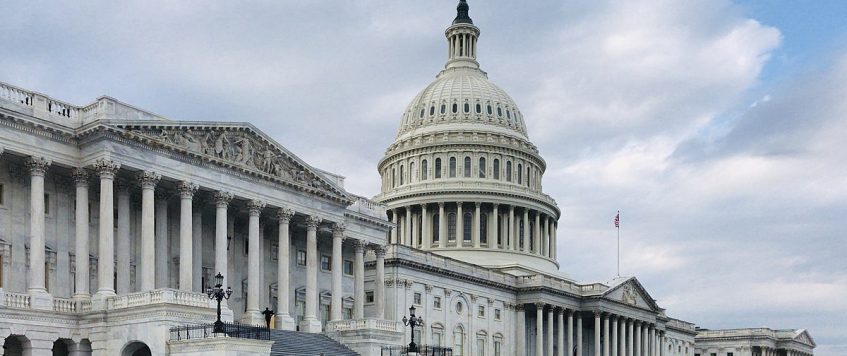-
01
Jul
Congress succeed in boosting trucking insurance to $2 million
The U.S. House of Representatives on Thursday passed a highway reauthorization bill that includes a provision to raise trucking insurance liability from $750,000 to $2 million, mandates automatic braking on new trucks and increases scrutiny of truck dispatch services.
The Investing in a New Vision for the Environment and Surface Transportation in America (INVEST in America) Act, which passed the chamber largely along party lines by a vote of 221 to 201, faces the significant hurdle of getting approval in the Senate, which has yet to pass its own surface transportation bill.
The House bill includes $547 billion to reauthorize surface transportation programs within the Department of Transportation over five years, a $53 billion increase over the previous five-year authorization known as the FAST Act. It includes $343 billion for highways, bridges and road safety and $95 billion for passenger and freight rail.
Republicans claimed Democrats packed the legislation with too much “nontraditional” infrastructure, over-relied on debt financing to pay for it and ignored input from the other side of the aisle.
“The extreme partisan policies throughout the [Democrats’] ‘My Way or the Highway Bill’ aren’t going to get the support needed to pass the Senate, so the Majority has wasted another year on yet another messaging bill instead of working on a strong bipartisan proposal we can take to conference with the Senate,” commented House T&I Committee Ranking Member Sam Graves, R-Missouri, after the bill passed.
In addition to the insurance premium increase and an automatic emergency braking mandate, the bill included other provisions opposed by small business truckers: more screening requirements for obstructive sleep apnea; a move toward a requirement for side underride guards on trucks; restrictions on the use of a truck for personal conveyance; and the use of electronic logging device data for transportation research.
Republicans on the T&I committee, with support from the Owner-Operator Independent Driver Association, had attempted to exclude the provisions while the bill was being considered by the committee earlier this month but failed.
“We’re extremely disappointed our efforts to improve the legislation for truckers were flatly rejected by committee Democrats, but many of the most problematic provisions that remain in the bill are simply too controversial to gather sufficient support in the Senate,” commented OOIDA President and CEO Todd Spencer.
Aside from greater attention paid to electric vehicles and EV infrastructure – charging stations would be allowed to be located on the interstate highway right-of-way, including at rest areas – the bill was largely identical to the bill that passed last year but expired before making it through the Senate.
One provision added this year: a requirement that the Department of Transportation issue guidance to clarify the definitions of the terms “broker” and “bona fide agents.” It would also require the DOT secretary to:
- Examine the role of a dispatch service in the transportation industry.
- Examine the extent to which dispatch services could be considered brokers or bona fide agents.
- Clarify the level of financial penalties for unauthorized brokerage activities.
The provision, as previously reported by FreightWaves, is backed by the Transportation Intermediaries Association, which filed a related petition last year currently under review at the Federal Motor Carrier Safety Administration.
One provision included in the bill supported by the trucking industry: $1 billion in federal funds over the next four years dedicated to expanding truck parking.
The bill also included close to 1,500 “member-designated projects” – formerly known as earmarks – with funding levels of up to $20 million, submitted by lawmakers for projects within their districts, 20 of which are designated as “multimodal” facilities.
by John Gallagher @ FreightWaves

